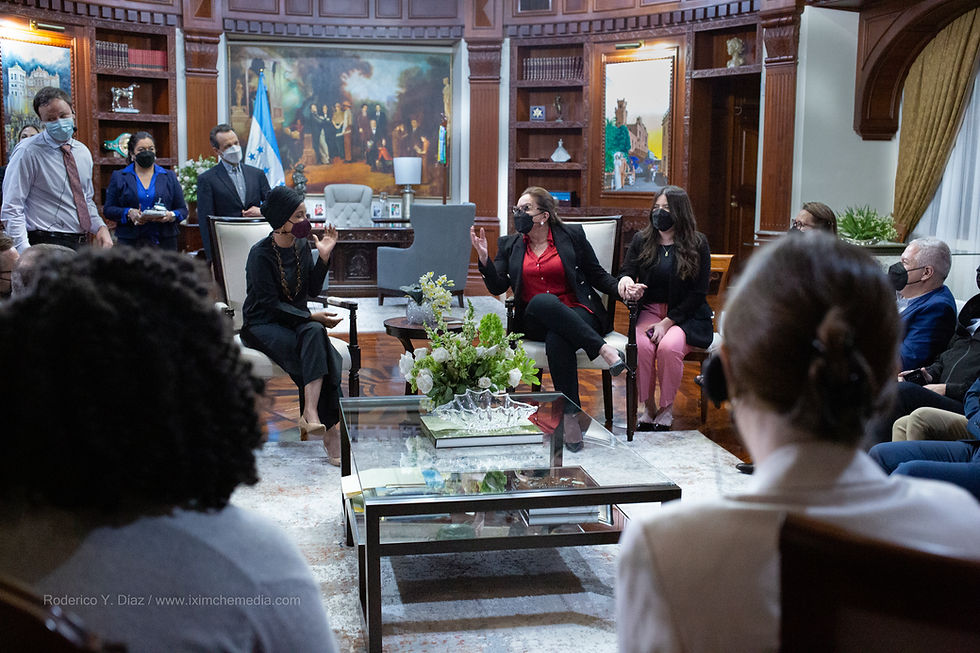Faces of Migration: Those Left Behind
- Oct 12, 2011
- 2 min read
By Carlin Christy Witness for Peace International Team – Mexico
Petra Juarez has six children living in the US who she hasn’t seen in years. One of her sons, Paz, came home to southern Veracruz four years ago. This was after working many low-paying, grueling jobs for eight years in various states across America. The modest house where we met Petra was built with the money Paz had earned and sent home while working as an undocumented immigrant.
Carmen and Eligio’s 30-year-old son also left Veracruz for the US about a year ago. They are hoping he will return soon. They didn’t seem ready to consider the possibility that he might stay in the US for years. For now, they are worried about how he is adjusting, if he is working or not, and if he is eating well.
Three-year-old Elena (not her real name) has never even met her father. She was born months after he headed back to work in the States, again. With few sources of income in the countryside, he has spent over a decade living and working in the U.S. in order to support his family in Mexico.
As the U.S. is caught up in anti-immigrant hysteria, it seems many have forgotten about the basic humanity of our immigrant brothers and sisters and their families back home. While news pundits and lawmakers debate the status of undocumented immigrants in our country, we forget that in Mexico there are wives that essentially live as single mothers, children that grow up without one or both parents, and grandparents who have no way of seeing their U.S. born grandchildren.
We must understand that the issue of migration affects real people, real lives, entire families, and entire communities. Policies and laws that fail to recognize this are simply unjust and inhumane.
The millions of people who are physically torn apart across the US-Mexico border bear deep emotional scars that come from months, years, and even decades of living without their loved ones. Lupita and Juana are two women from rural Veracruz state that know this all too well. We met them this past summer, and were able to see a brief window into their lives. We hope you will listen to and share their stories of what it is like to be “left behind” by those who have been forced to choose migration as a means of economic survival.




Comments